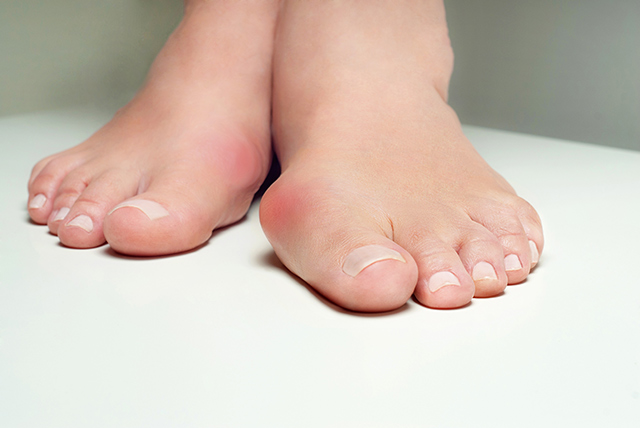Want to get rid of mosquitoes? Yarrow herb is a healthier, safer alternative to DEET
03/07/2016 / By Tara Paras

Many conventional bug sprays nowadays use DEET, a slightly yellow, oil-based neurotoxic chemical, as their active ingredient. While it may seem to work well against annoying critters at home, DEET has also been shown to cause skin allergies, fatigue, muscle pain and even memory loss for some! If you really want to protect yourself and your family against disease-carrying insects (and the side effects of using chemical repellents), yarrow herb, which just so happens to work a lot better than DEET, may be the solution to your worries.
If you live in hardiness zones 3–9, which covers the vast majority of the U.S., chances are, yarrow already grows wild somewhere in your area. Its flowers are small and clustered, and can manifest in a variety of appealing colors, including red, pink, yellow or the common white.
Sarah Pope, of The Healthy Home Economist, published a helpful recipe for making a yarrow tincture at home that offers superior protection against insect bites without the toxicity of a DEET-based repellent formula. Though you don’t have to make your own yarrow tincture at home to take advantage of its benefits, Pope advises that doing so will produce the greatest potency.
Pope notes that research conducted by the United States Army found that yarrow extracted into a tincture works better than DEET at repelling ticks and mosquitoes. Though it may not last as long as other chemical-based bug sprays, yarrow tincture is definitely a lot safer to use.
How do you make your own yarrow herb insect repellent?
Just so you know, some children sprayed with DEET-based bug repellents, even at low potency, have gone on to develop seizures. Others, according to a 2001 paper published in the journal Human & Experimental Toxicology, have even developed brain damage in the form of encephalopathy.
In other words, despite being pervasively used nowadays as a bug repellent, DEET is definitely a chemical you wouldn’t want to mess with. If you’re in need of a healthier, more affordable alternative, consider making your own yarrow tincture at home, or buying a pre-made yarrow tincture, if you’re on a tight schedule.
“Fortunately, finding fresh yarrow (Achillea millefolium) is not that hard as it is a common plant that grows wild all around the world in temperate regions,” according to Sarah Pope. “Susun Weed suggests the white or pink yarrow varieties as the best ones to tincture. She recommends picking the flowers, flower buds, seeds, stalk, and leaves from the top third of the plant.”
The complete recipe for making yarrow tincture at home is available here TheHealthyHomeEconomist.com.
Sources used:
Tagged Under: chemicals, deet, insect repellent, insect repellents, yarrow herb




















